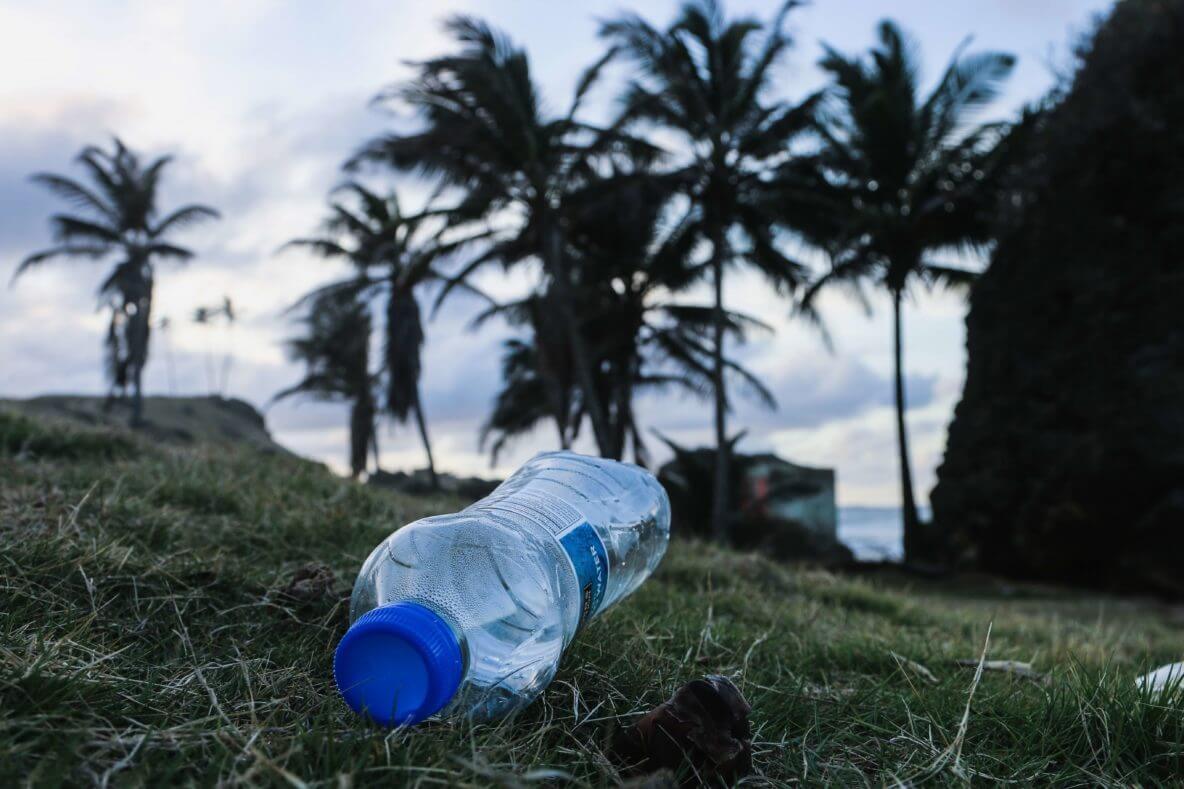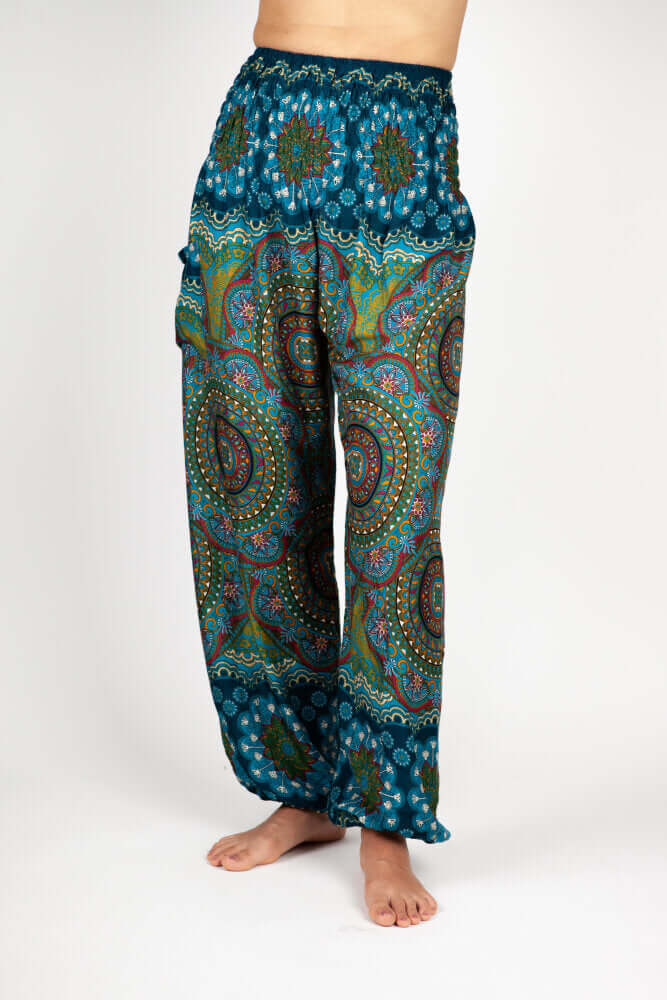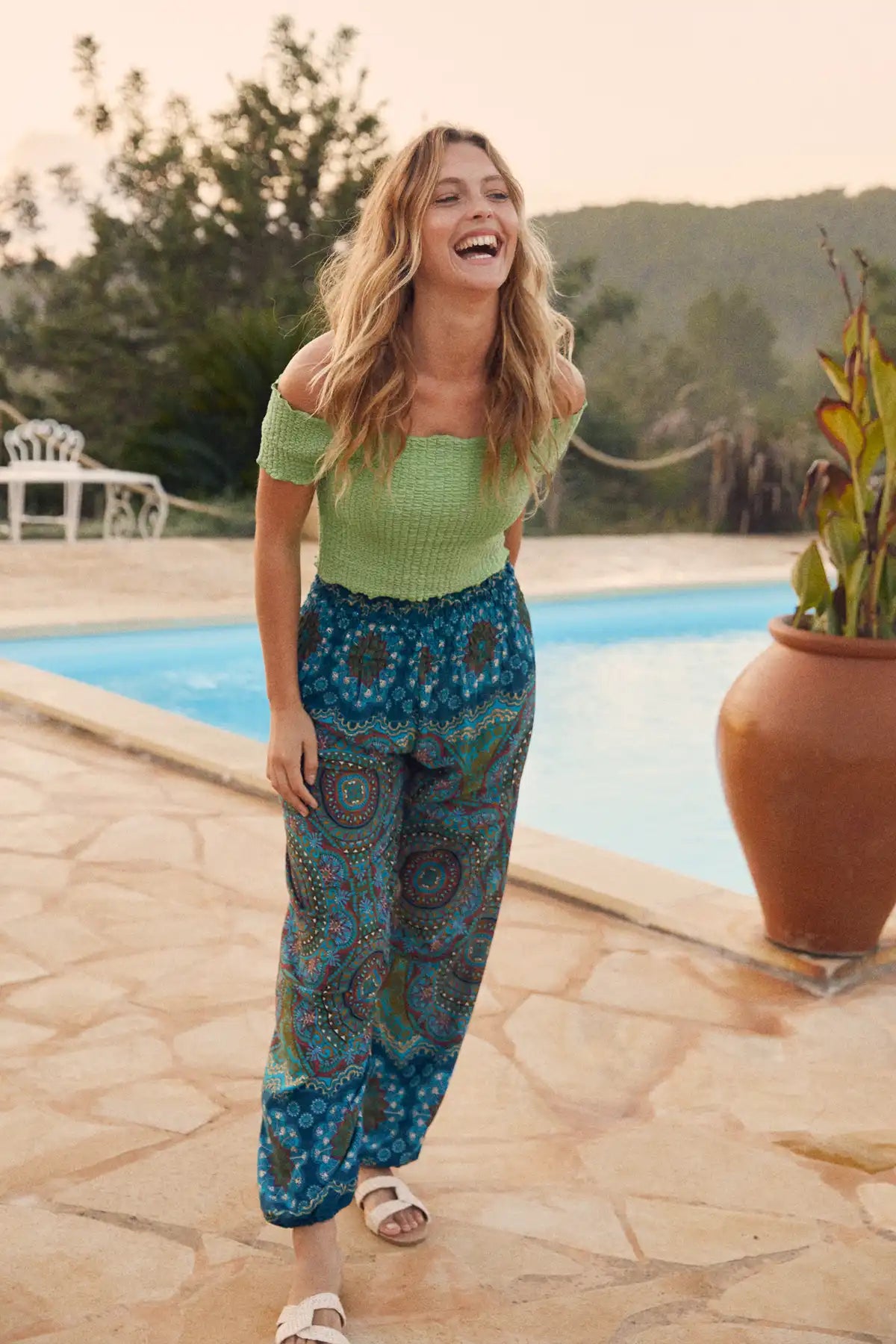
Inhaltsverzeichnis
Why Zero Waste is not the only solution
We have talked several times on this blog about zero waste and the importance and advantages of this approach (“The zero-waste lifestyle”, “The zero waste principle”).
We also discussed the fact that zero waste isn't always 100% feasible, and that's okay. Establishing and implementing such a lifestyle can be time-consuming and challenging. Perhaps you're initially hesitant to implement zero waste, or personal circumstances like your place of residence make it difficult to achieve a zero-waste lifestyle.
It's important to me to raise greater awareness of this issue. Each of us should start thinking about what we can personally contribute to solving the global waste problem—and this is also possible with alternatives to zero waste.
Reducing waste isn't easy in general. Even if we try and still don't succeed, it doesn't mean we're failing or simply not trying hard enough. We're just out of luck. The majority of the products and food we use every day are wrapped in some kind of packaging, and finding a packaging-free alternative can be quite challenging. As beneficial and desirable as a zero-waste lifestyle may be, it's by no means the only way to do something for our environment and our planet.
That's why today I'd like to introduce you to four zero-waste alternatives that can help you make a difference. No more excuses!
1. Back to the origin
Going back to the source means thinking about where waste comes from—because the actual source is where change needs to happen. Instead of spending time trying to find a plastic-free alternative for our own household (which is, of course, great—no question), we can consider how we can have a greater impact. This could happen, for example, by helping to make life with less waste more accessible for everyone.
What exactly do I mean by that?
You've probably encountered unnecessary (plastic) packaging in the supermarket before: For example, 1 kilo of apples packed in a plastic bag with a handle. Sure, it's convenient, but is it really necessary? At least not for me. In such a situation (aside from buying loose apples), you can contact the manufacturer. This isn't limited to email or the contact form on the manufacturer's website.
In Germany there is a wonderful free app called “ReplacePlastic"app. It's available on Google Play and the Apple Store and can also be used via the website. With this tool, you simply scan the product you think could be packaged better. The app then sends your feedback directly to the manufacturer.
For a long time, I thought that something like this "wouldn't do any good anyway." But many manufacturers stick with their plastic packaging because they believe that's exactly what we as consumers want. Feedback is important for expressing our need and desire for plastic-free packaging. This way, the source of the real problem can be reached.
Of course, these things can't be changed overnight. But I think it's important to engage in dialogue rather than just taking the opposing side. Because the most direct way to let manufacturers know that we're not interested in plastic packaging is to simply tell them.
This applies not only to product manufacturers, of course, but also to problems we notice in other locations. Cafes and restaurants that use non-recyclable takeout containers or disposable tableware, for example, are sometimes more open to change than one might initially assume. Unfortunately, however, they often still need to be actively made aware of this and raised awareness.

2. Improve waste disposal in the community
Compared to other countries, Germany is already doing quite a lot to separate waste and recycle. Nevertheless, it's still common for entire residential units to fail to separate waste sufficiently. Only a fraction of recyclable products are actually recycled. Composting facilities are often unfamiliar to younger generations.
Isn't it also up to us, the residents of the community, to exert sufficient pressure? Be it on the landlord, property manager, local council, or politicians in general… You can also talk to these authorities and draw more attention to the obvious problems. You don't have to become the biggest climate activist right away. But even participating in petitions or social media groups can have more impact than you think. Keep your eyes open and seize opportunities!
3. Collect garbage
This point reflects a development that I've noticed very positively recently. More and more families, friends, or like-minded individuals are joining forces to pick up trash in littered areas. I believe that viral videos and documentaries, in particular, have had a decisive influence on this. These often show horrifying images: pictures of birds, fish, and other animals suffering from, or even dying from, littering. The documentaries often address the problem of plastic on beaches and in the oceans.
But these things don't just happen far away. The animals in our gardens, parks, and city centers can also be directly affected. Therefore, you might consider taking a trip yourself or with others to directly combat littering.
In Sweden “plogging"More and more people are doing plogging. "Plogging" is a combination of the words "plocka upp" (Swedish for "pick up") and "jogging." As you can probably guess, people go jogging and pick up trash. Picking up trash not only helps the environment but also makes us feel good. Especially in a community, such an activity can create a sense of connection and a sense of purpose.
4. Reduce your own waste
I know I said at the beginning that this article was meant to showcase alternatives to zero waste. However, I'd like to briefly reiterate that small changes can make a big difference. Even if you only change small things in your habits at first, it can make a bigger difference in the long run than if you try to live completely waste-free for a month and then give up because it was too overwhelming.
Every environmentally conscious decision, no matter how small, helps reduce waste. Every time you choose not to use a straw or a disposable container, you're doing something good for the environment.Even if your contribution doesn’t seem significant at first, it certainly is!
In previous blog posts (“The zero-waste lifestyle”, “The zero waste principle”) you will get even more concrete suggestions on how to implement zero waste.
This four-part list is certainly not exhaustive or exhaustive. Since I wanted to keep the article concise, I limited myself to the points above. If you have any other suggestions or know of other zero-waste alternatives, please share them with us in the comments.
If you would like to learn more about sustainability, mindfulness or healthy eating, take a look here over.



























Leave a comment
This site is protected by hCaptcha and the hCaptcha Privacy Policy and Terms of Service apply.